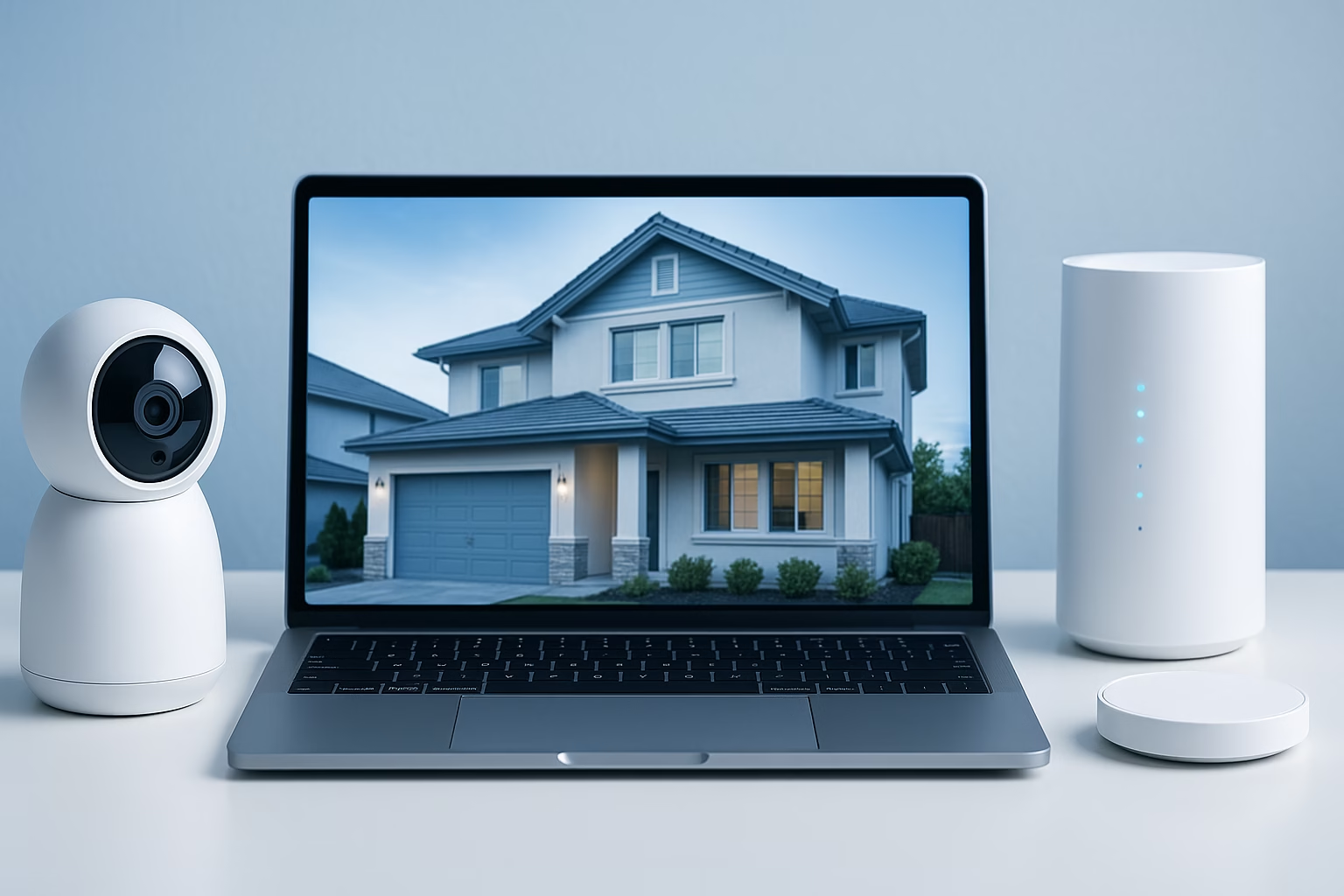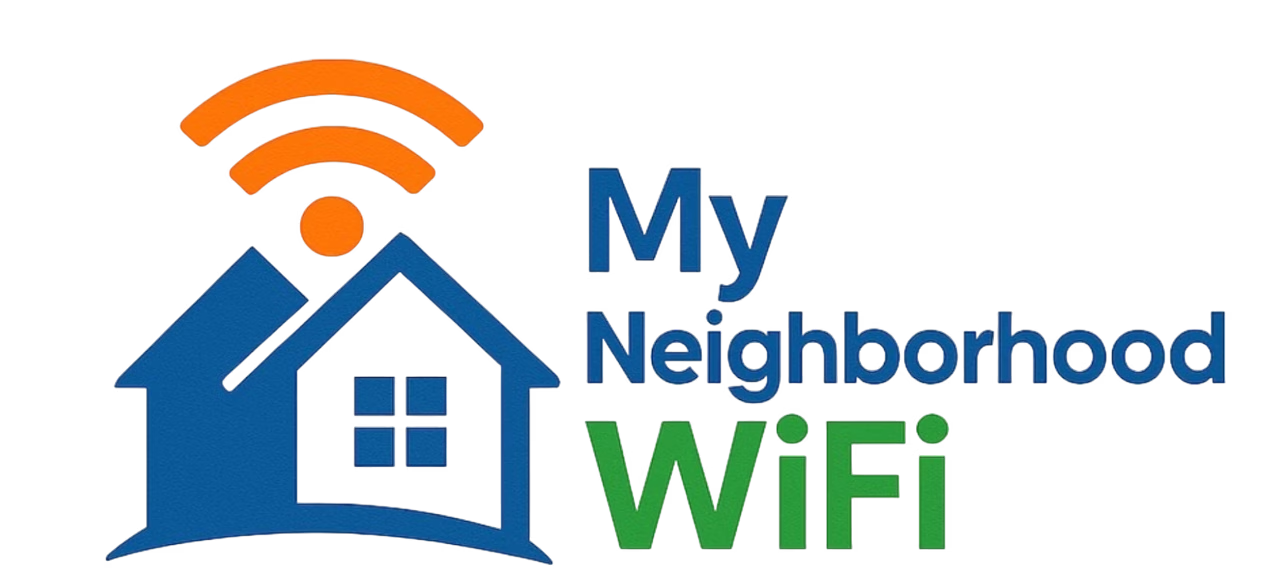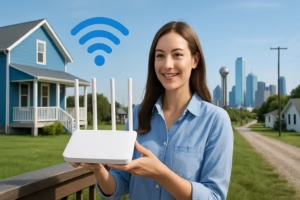
Best Internet Options to Keep Your Home Security System Running Smooth
Your home security system is only as reliable as the internet it runs on. Without a stable and fast connection, your cameras may lag, alerts may be delayed, and smart features may fail at the worst possible time. Choosing the best internet options for home security is essential to keep your system running smoothly and ensure your family’s safety.
Why Internet Matters for Home Security
Today’s home security systems are more connected than ever before. Cameras stream live video, smart locks sync with mobile apps, and alarms send alerts instantly. All of this depends on strong, consistent Wi-Fi. That means the type of internet service you choose can make or break your home protection.
What Affects Security System Performance?
- Upload speed: Security cameras usually need more upload capacity than download. Smooth streaming depends on this.
- Latency: Lower latency means faster alerts from motion detectors and door sensors.
- Reliability: Frequent outages mean you could miss critical alerts when you need them most.
Best Internet Options for Home Security Systems
While many factors matter when choosing internet for everyday use, home security systems have unique requirements. Let’s break down the best options and what to consider when setting them up.
Fiber Internet
Fiber is considered the gold standard for home internet connections. Thanks to symmetrical speeds (upload and download being equally fast), fiber is excellent for households with multiple cameras. If your home security system streams in HD or 4K, fiber ensures those streams remain smooth and uninterrupted.
- Reliable high speeds in both directions
- Very low latency for real-time alerts
- Scales well with multiple smart devices
Cable Internet
Cable internet is a strong second option. It typically offers high download speeds and moderate to high upload speeds, which cover most home security setups. If you live in an area where fiber isn’t available, cable is a dependable alternative.
- Wide availability
- Good balance of speed and price
- Upload speeds usually sufficient for HD camera streaming
DSL Internet
DSL may work if you only run a simple alarm system or a couple of Wi-Fi cameras. However, it often struggles with upload speeds, making it less ideal for larger systems with multiple devices streaming simultaneously.
- Affordable and widely available
- Upload speeds may not handle multiple cameras smoothly
- Better suited for smaller homes or light needs
Fixed Wireless
In areas without wired internet, fixed wireless is an option. Using a receiver that connects to a nearby tower, you can get faster speeds than traditional satellite. However, depending on distance from the tower and weather conditions, reliability can fluctuate.
- Good option for rural homes
- Less latency than satellite
- Performance depends heavily on location
Mobile Hotspots
While not ideal as a primary connection, a backup mobile hotspot is a wise addition to your home security setup. If your main internet goes down, you can switch your cameras or smart hub to the hotspot to ensure continued monitoring.
Wi-Fi Setup Tips for Home Security Systems
Even with a strong internet plan, poor Wi-Fi setup can derail your home security system. To get the best results, you’ll need to ensure proper placement and coverage across your home.
Mesh Wi-Fi Systems
A mesh Wi-Fi setup can provide smooth coverage across your entire property. Instead of relying on a single router, mesh systems use multiple nodes to cover every room and even outdoor cameras. Many homeowners share helpful experiences with mesh setups on platforms like Reddit discussions about home networking.
Router Placement
- Keep your router in a central location
- Avoid placing it behind walls or large appliances
- Elevate it on a shelf for stronger signals
Separate Networks for Security
Many experts recommend separating your smart home devices, including security systems, onto a different network than your personal devices. This can help with stability and cybersecurity. You can learn from user setups in Quora discussions on network setups.
Key Internet Features to Prioritize
When comparing different internet plans for your security system, consider these factors:
| Feature | Why It Matters |
|---|---|
| Upload Speed | Ensures smooth camera streaming |
| Latency | Delivers timely alerts and responses |
| Reliability | Reduces downtime and missed alerts |
| Coverage | Cameras and devices stay connected in every corner |
Tips for Smooth Security System Performance
- Set Quality Levels: Many cameras let you choose between HD, Full HD, or 4K streaming. If your connection is limited, choose a lower setting to prevent buffering.
- Upgrade Your Router: If you’re running multiple cameras, using an older router can slow everything down. Consider upgrading to a Wi-Fi 6 router.
- Use Ethernet: For fixed security devices, running an Ethernet cable is the most stable option.
Conclusion
Picking the best internet for your home security system means more than choosing the fastest plan. Instead, it’s about finding the right balance of reliability, upload speed, and coverage to keep your family protected. Whether you go with fiber, cable, or another option, a properly set up network ensures your cameras, alarms, and smart devices work together for seamless protection.
Want to learn how others optimize their systems? Check real-world stories shared in Reddit’s home security community or watch walkthroughs on YouTube tutorials on Wi-Fi setups for cameras. Seeing what works for other homeowners can help you find the internet and setup that best fits your environment.
“Most inquiries are answered within the same day”
Written by admin
Content writer and tech enthusiast sharing insights on internet connectivity.



